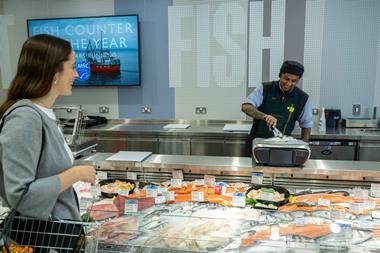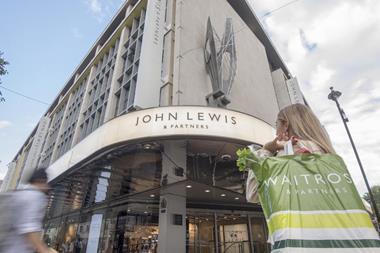Are we in the middle of the two weeks that will change the face of the world - or at least of planet grocery? This week Waitrose, Nisa-Today's and the ACS put their cases to the Competition Commission in its investigation into the market. Next week it's the turn of Asda, Sainsbury's and Marks and Spencer.
As I have said in this column before, this is likely to be the last chance for those arguing the market is anti-competitive to put their case. Any thumbs up for the major supermarkets gives them carte blanche in the future and makes it extremely difficult for their critics to claim predatory pricing or abuse of planning.
So, what are the chances of change? On the face of it, there seems little hope the commission will rule the big boys are anti-competitive. After all, it's hard to argue they are acting against consumers' interests when those very consumers flock to them in their droves thanks to their wide ranges at competitive prices, all delivered in the most convenient of ways.
But behind the scenes at the Labour Party conference there was the faintest whiff of optimism. The quality of information being discussed at the personal hearings to date has impressed. The feeling is that this time something may happen.
What that something will be remains to be seen, of course. But the planning issue has certainly created waves. And, while this shouldn't detract from other arguments, this is an area that smacks of anti-competitiveness. Look at the Tesco Stockport case (p7). Victory for local retailers was shortlived. Tesco won. It's a situation being played out across the land.
It's the last chance to do - something. The authorities should grab that chance. It will be a pity to look back in anger at the loss of diversity and variety - - and cack-handed decision-making.


















No comments yet